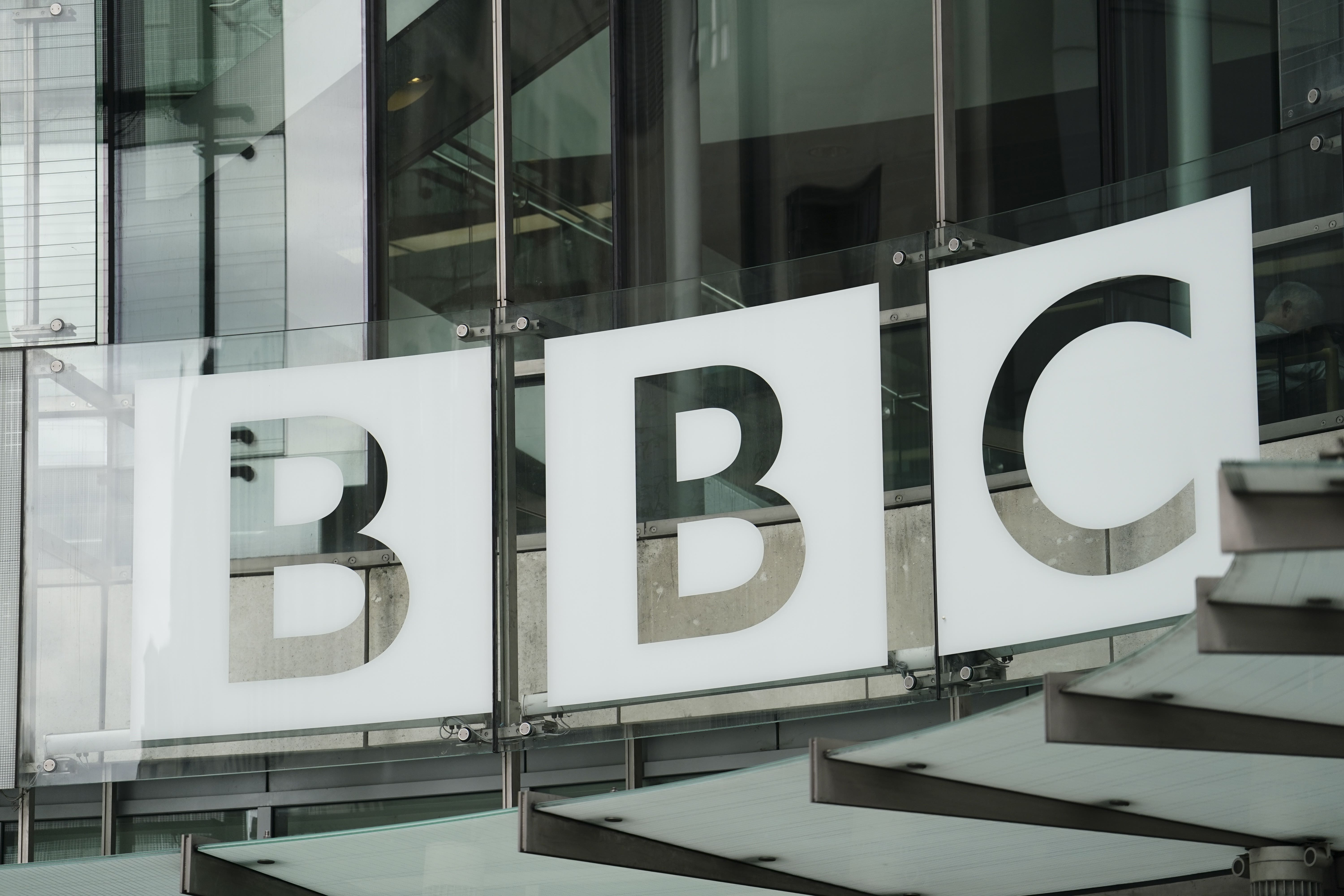BBC may need to consider alternative funding options in future, minister says
Culture minister Sir John Whittingdale suggested the decline in licence fee payers could mean the BBC needs to consider other funding options.

The BBC may need to consider alternative forms of funding in the future, a minister has said, after being probed about the fallout of the Huw Edwards controversy.
Culture minister Sir John Whittingdale said the decline in the number of licence fee payers may mean the corporation will need to look for other forms of income in future, ahead of a review into its funding model.
John Nicolson, the SNP’s culture spokesman, had earlier told the minister there was a need for an “independent press regulator with teeth”, following The Sun newspaper’s allegations about BBC presenter Huw Edwards.
At culture, media and sport questions in the Commons, Scott Benton, the independent MP for Blackpool South, said: “Many of my constituents think that the BBC licence fee is an outdated regressive tax and question why they should have to fund a broadcaster which they don’t support and don’t want to watch.
“If a formal review of the BBC’s funding model is indeed to take place in the autumn, then surely abolishing the licence fee altogether has to be one of the options considered?”
Sir John replied: “The Government has made clear that the licence fee will remain in place for the remainder of this charter period, but he is right that there are challenges going forward.
“He may be aware that the number of people paying the licence fee has fallen by 1.9 million in the last five years.
“Therefore it is right that we should look at possible alternative sources of funding for the BBC in the longer term, that will be focus of the funding review.”
SNP culture spokesperson Mr Nicolson had earlier raised The Sun’s reporting about an unnamed BBC presenter who paid a young person for explicit images.
Edwards was named by his wife, Vicky Flind, in a statement to the PA news agency as the presenter in the newspaper’s reports, after several days of social media speculation about the presenter’s identity.
She said at the time he is receiving in-patient hospital care and is suffering “serious mental health issues”, while an investigation by the Met Police found no evidence a criminal offence had taken place.
The Sun, which is now cooperating with an internal BBC investigation, has said that its original story did not allege criminality and “also took the decision neither to name Mr Edwards nor the young person involved in the allegations”.
Mr Nicolson told the Commons: “I wonder what the Secretary of State thinks the lessons might be? Perhaps politicians should exercise more caution before issuing condemnations about developing stories? Maybe we should remember to treat any story in The Sun with extreme caution?
“And given this further example of intrusive prurience, we could all remind ourselves of why there was once widespread agreement about having an independent press regulator with teeth, something the Conservatives once supported, before getting frightened off by powerful press barons.”
Culture minister Sir John responded: “Whilst the Secretary of State and I did ask to be kept informed by the BBC, it was a matter for them.
“And as he has suggested, they have established an inquiry internally to find out whether there are any lessons to be learnt… The Sun is of course a member of the Independent Press Standards Organisation (Ipso) which does have a code, and if there have been breaches of the code then that is a matter for Ipso to adjudicate.”
Elsewhere in the debate Commons Speaker Sir Lindsay Hoyle has weighed in on the BBC proposed cuts to local radio.
His comments came after Dame Caroline Dinenage, the Tory chairwoman of the Culture, Media and Sport Committee, raised concerns about the impact of the cuts to “many of the elderly, vulnerable and isolated people in our communities”.
Sir Lindsay interrupted the proceedings to tell MPs there might be “empty studios if we are not careful”, adding: “And we certainly don’t want to see the end of Radio Lancashire.”
Bookmark popover
Removed from bookmarks